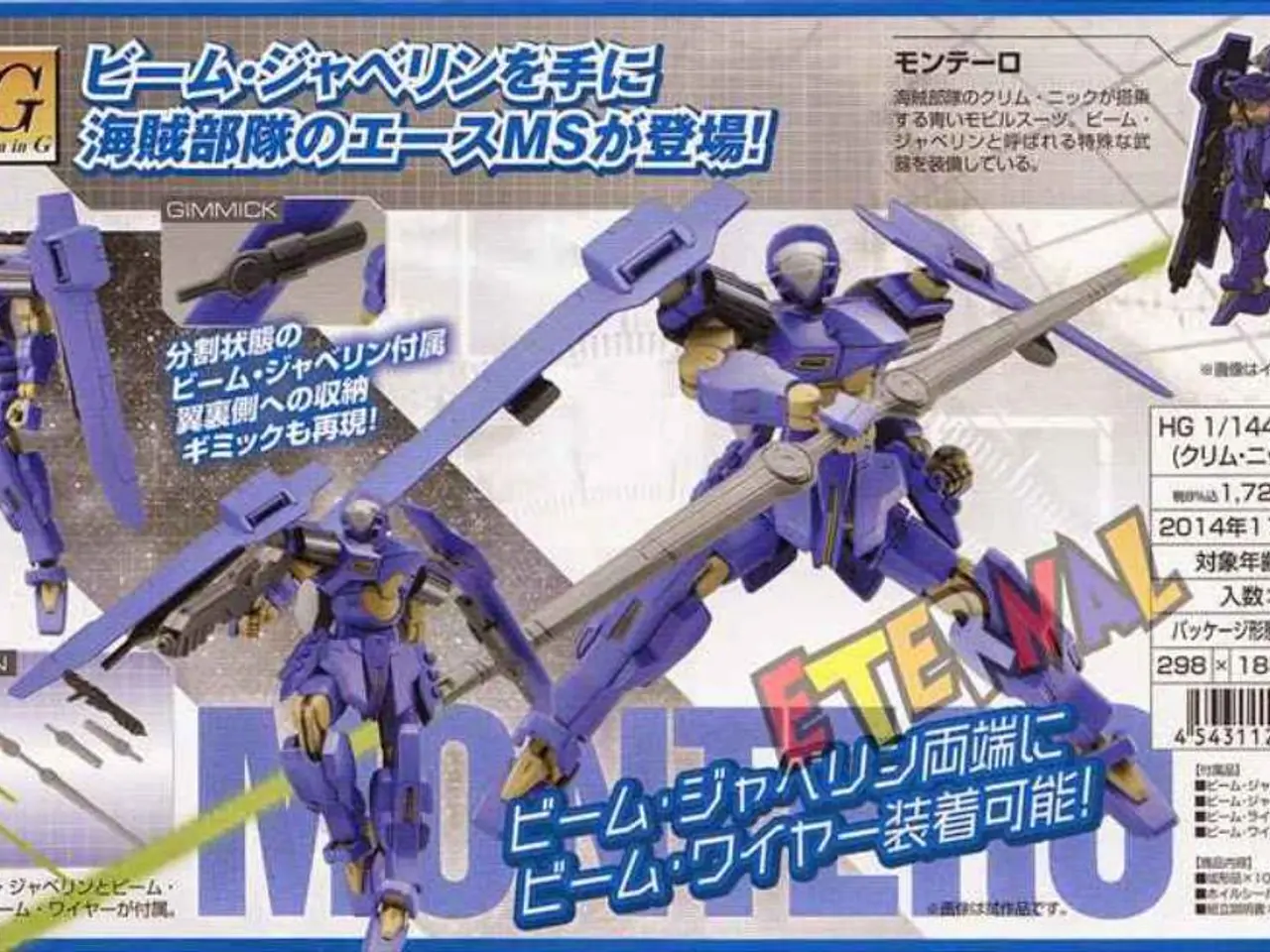Assessment of eActros 600 in Chemical Operations Reveals Infrastructure Issues and Delays in ADR Authorization for Electric Logistics
The electric freight revolution is underway, and one of the key players in this transition is Daimler Truck's battery-electric Mercedes-Benz eActros 600. However, as the company navigates the path to emission-free logistics, a crucial milestone remains unmet: the ADR approval for nationwide transport of dangerous goods.
The eActros 600, designed for zero-emission cargo transport on high-mileage routes, has been primarily approved for general cargo transport, not explicitly for transporting hazardous materials under ADR regulations. This focus on freight transport in regions such as Germany and the UK, with a substantial battery capacity and range of about 500 km suited for long-haul routes without intermediate charging, has been the driving force behind the eActros 600's development.
The vehicle's current certifications and approvals emphasize durability, energy efficiency, and commercial viability for general cargo, supported by state subsidies for alternative-drive heavy commercial vehicles. Yet, there is no mention of specific ADR approval in the official material or press releases from Daimler Truck or Mercedes-Benz Trucks regarding the eActros 600.
One of the prerequisites for the comprehensive ADR approval is an automatic power shutdown in the event of an accident - a safety feature that is currently still in development. The transition to lower-emission drives is a central component of Evonik's strategy, and the company, along with logistics partner Talke, is committed to addressing these challenges by testing and developing innovative solutions for emission-free logistics.
In a recent test run between Evonik's site in Wesseling and the container depot in Hürth, the eActros 600 offered valuable insights on range, charging times, and operational processes under real-world conditions. The vehicle used in the test was already approved for the transport of acids and alkalis, but a comprehensive release is still pending.
Despite the challenges, the logistics company sees electromobility as an important future perspective, even with the limitations. Christian Hartmann, Manager Sales & Business Development at Talke, views the test run as an important step to prepare the future use of fully electric vehicles in chemical logistics.
However, the insufficient expansion of the charging infrastructure, both in public spaces and at depots, remains a central obstacle preventing regular operation of the eActros 600 in chemical logistics. A standard charging power of 400 kW and the planned expansion to 1,000 kW require a powerful charging environment, which is lacking in many places.
As the eActros 600 continues to evolve, it is expected that the necessary additional certifications for chemical or dangerous goods transport under ADR will be addressed, paving the way for the deployment of fully electric vehicles in the hazardous goods sector once the technical and regulatory prerequisites are met. In the meantime, companies like Talke and Evonik are leading the charge, testing and developing innovative solutions to overcome these challenges and drive the future of emission-free logistics.
The Mercedes-Benz eActros 600, while primarily approved for general cargo transport, has yet to secure ADR approval for transporting dangerous goods, a crucial milestone for the vehicle's application in emission-free logistics. The lack of specific ADR approval for hazardous materials transport underlies the need for further developments and certifications in the technology associated with the eActros 600.




